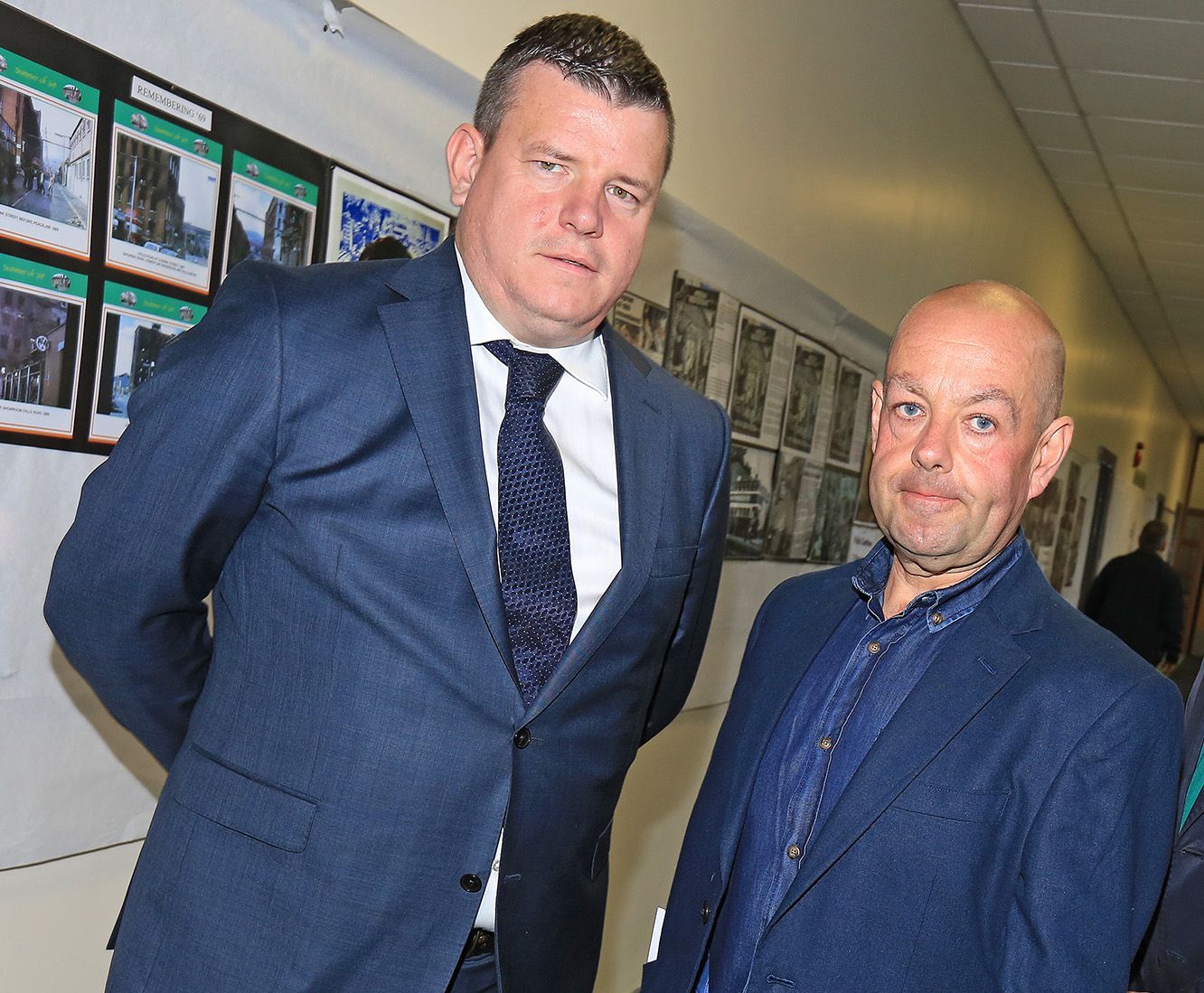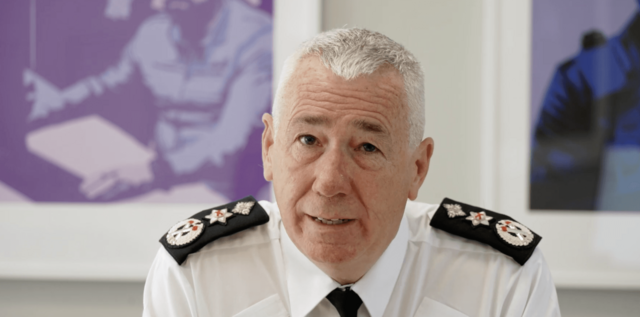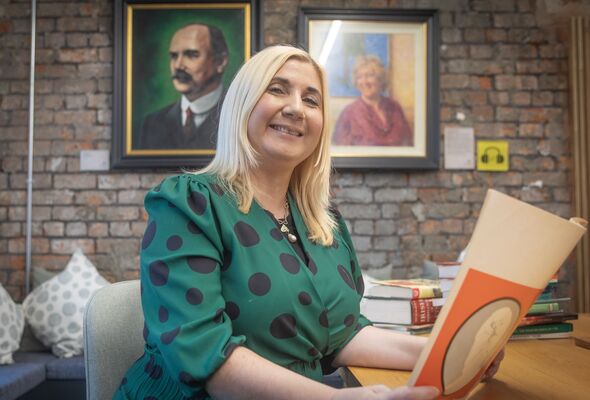IN 2007 a civilian worker in the PSNI was arrested and charged with passing information from the PSNI computer to loyalist paramilitaries. Scores of names, addresses and car registrations were given to the UVF by Aaron Hill. For the PSNI, the arrests and charging of Mr Hill, along with his accomplice, Darren Richardson, this was the end of the matter.
The names and details had been garnered from a car park in the mid-Ulster area while an entirely legitimate political meeting on the topic of policing was taking place. Some of the people whose details were shared were at that meeting, some were not. They included farmers, builders, political representatives and human rights workers. All were informed that their details were now in the hands of the UVF and the people and their families found themselves wondering what measures they should take to protect themselves.
The legitimacy of the PSNI garnering all of that information and retaining it in the first place was not questioned. The PSNI manager of the civilian worker was not held to account. The Police Ombudsman had no remit as it was a civilian worker. And life went on, except for those left at risk, distressed and uncertain.
Fast forward 14 years and we have just heard how the PSNI spied on journalists Trevor Birney and Barry McCaffrey, how they were spying on at least another six journalists and asked to spy on lawyer Niall Murphy. There is no-one who thinks that this affair only affects Trevor and Barry, or that thinks that these PSNI behaviours only affect journalists. Outside a London Court after the revelations were made, Barry McCaffrey spoke of the 'Deep State' which should have been decommissioned after the Good Friday Agreement. The question is, can we expect better?
It's 2024, but it feels like 1984 with policing in NI. The PSNI's industrial-scale spying operation against the media is Orwellian. Old habits die hard in a 'new' force. Any journalist worth their salt will wear the 'troublemaker' tag as a badge of honour.https://t.co/RfFjuraJF9
— Suzanne Breen (@SuzyJourno) May 12, 2024
The PSNI retains the ethos and culture of the RUC. For absolute clarity – that is not a good thing. The PSNI defends the actions of the RUC and actively works to retraumatise bereaved families lest the collusive actions of the RUC become visible and accountability ensues. Last week’s disclosure tells us what we had already suspected: that the PSNI currently participates in the type of spying and information gathering on citizens engaged in lawful activities that closely resonates with that of the RUC from a time when solicitors were being threatened and murdered.
To what end? RUC bad habits? RUC impunity? A preoccupation with British 'national security' interests? All of the above?
When a “new beginning to policing” was agreed, we never laid out clearly why the RUC needed to be disbanded, other than as some kind of nationalist confidence-building measure. That left the space for history to be repeated and for the PSNI to become so compromised. No-one needs accountable and transparent policing more than the communities who have borne the lack of same since partition; however, we are being failed.
The failure to deal with the past has compounded the compromise of the PSNI promise. But so have the oversight mechanisms’ failures to provide robust and consistent accountability. It is six years since the arrests that led to this week’s bombshell disclosure, but it did not come from the local accountability structures. Decades of spying not being noticed by our extensive accountability architecture requires urgent attention.
The clock is ticking for change to be possible. It might be too late.








